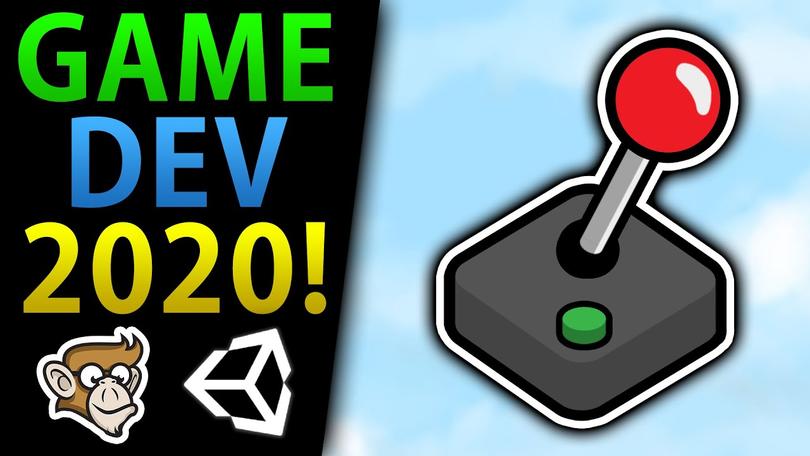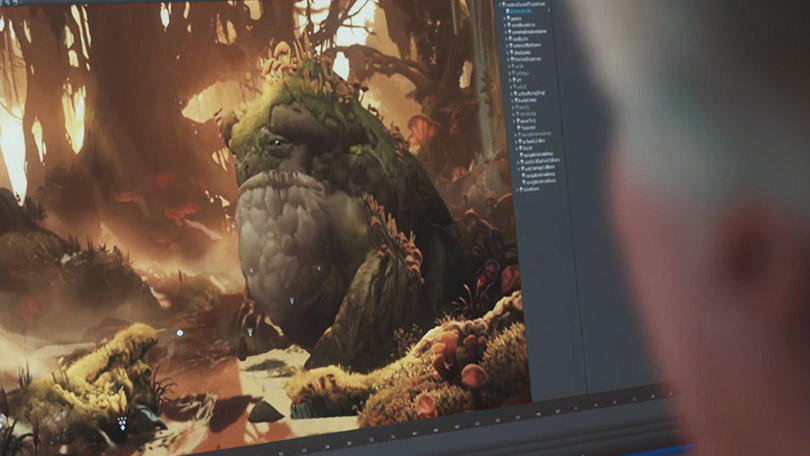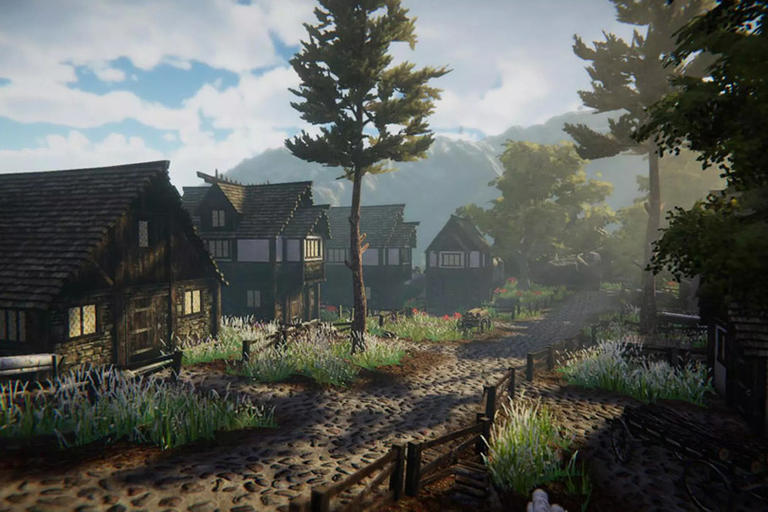Common Problems In Game Design
Being a new game developer is an exciting and challenging time. We'll help you navigate around some of the common pitfalls you might face.

Getting started
Game developer challenges
The challenges of being a new game developer go beyond just building up your technical and creative skill set. We wanted to highlight a few mistakes new developers make as they embark on their first bouts of game creation, and we hope that we can help you to avoid them entirely. We'll also provide some helpful resources and links to keep your project on track.

5. Making a game for yourself
You know what games you like to play. You know that other people must like playing those types of games, too, or else they wouldn't exist. Therefore, it seems safe to assume that other people will want to play your game because it's like those other games, right?
If you plan to distribute or sell your game, then you need to make sure there is an active audience for it. Additionally, gathering feedback on your game while you work on it will help you to refine and improve it. It's important that you enjoy playing the game you're creating, but if you want to see your work flourish, your audience's opinion must be considered above all else.
So, branch out: Look for the target audience of your game, find out what they're talking about, listen to what they like and don't like, and let that inform your game-making decisions. Make sure to get their feedback as well. Making a game that you can only be certain you're going to like could prevent your work from getting the attention it deserves, not to mention selling poorly. Check out this in-depth blog from Gamesindustry.biz to learn more about game marketing and finding your target audience.

4. Code mismanagement
From the very beginning of any game project, it's essential to manage your code. One aspect of this is writing clean and specific code. While it's tempting to create one big codebase filled with class after class after class, no amount of text comments will save you from having to perform hotfixes later under the threat of damaging all of the code in your game. It's better to write individual scripts that work on different areas of the game – this helps you make sure other game areas won't be hit with unnecessary downtimes if you have to make changes down the line.
You should also familiarize yourself early on with source control. Source control is essentially the act of backing up and managing any and all code that you're using in your game. This is especially important for keeping track of your file history, collaborating with other programmers, and working on specific pieces of code without compromising your main project files. In other words, managing your code will save you a lot of time and frustration later.
Visit Git and Perforce to learn more about two of the most popular source control management services, and check out the video above from Dapper Dino to learn much more about source control.

3. Lack of planning
Improvisation is common on small projects, which makes a lot of sense – playing around and trying new things in-engine is a great way to familiarize yourself with your development ecosystem and stimulate creativity. But when it comes time for you to go into full game developer mode and you have a specific project in mind, you'll want to manage the scope and progress of that game from the start.
Avoid chaotic (or nonexistent) roadmapping, set reasonable but strict deadlines for yourself and your team, and manage your workload effectively. We've spoken about this previously in our article "10 video game designer tips," and it bears repeating: organization and project management are crucial in game development. For more on this topic, watch this helpful video on video game project management from Starveup.

2. Overplanning
This is near the top of the list because it's often one of the most common mistakes new game developers make. If that's the case for you, nobody can blame you. It just shows that you're ecstatic about building an amazing game. Or, you've already begun building a game and you're thinking, "Let's make it even better." That energy and enthusiasm will take you far in life, my friend.
Alas, we must still warn you to temper that impulse.
There is a common phenomenon in development called "scope creep." It starts with an almost unnoticeable increase in wants and needs as your game progresses, until you're eventually faced with a pile of tasks that are not only too much to manage, but also mostly unnecessary. As a result, your game development can slow to a crawl, or even stop indefinitely.
Instead of constantly expanding or extending your game before completion is in sight, focus on the most important aspects of your game: what makes it fun, what makes it unique, and what makes it work properly. Avoid frivolous extras and unnecessary content that only serves to bloat your game. Check out the video above from Code Monkey for more tips on how to scope, as well as a refresher on some of the important game developer topics we've already covered.

1. Not starting (or finishing)
There is no greater mistake a game developer can make than not starting. Right next to that is starting a game and not finishing it. We understand the apprehension and self-doubt that can cloud the first steps of starting to develop a game, as well as the frustration and disappointment that can stand in the way of your finishing it.
But if you feel the calling, if you're meant to build worlds for others to play in, there's only one thing to do: just get going and keep going.
Game development is a serious undertaking. You'll make mistakes, you'll hit bumps in the road, and you'll want to take breaks. This is completely normal, and pretty much all game developers experience the same frustrations as you might at some points. But never starting your project, or never finishing it? That is the worst possible outcome of all.

Path Painter by 3D Haven in the Unity Asset Store
Move fearlessly forward
Make something small, make it fun, and make it interesting for players. Once you've done that, you've completed a game. Keep creating, watch your projects grow, and soon you'll be providing gamers with an unforgettable experience. Trust us: it's worth starting up and sticking with it.
No mistaking your creativity
Download the Unity Editor, keep checking out our beginner resources, and continue your journey into game development.
Common Problems In Game Design
Source: https://unity.com/how-to/beginner/5-common-new-game-developer-mistakes
Posted by: allbrightwatermint.blogspot.com

0 Response to "Common Problems In Game Design"
Post a Comment